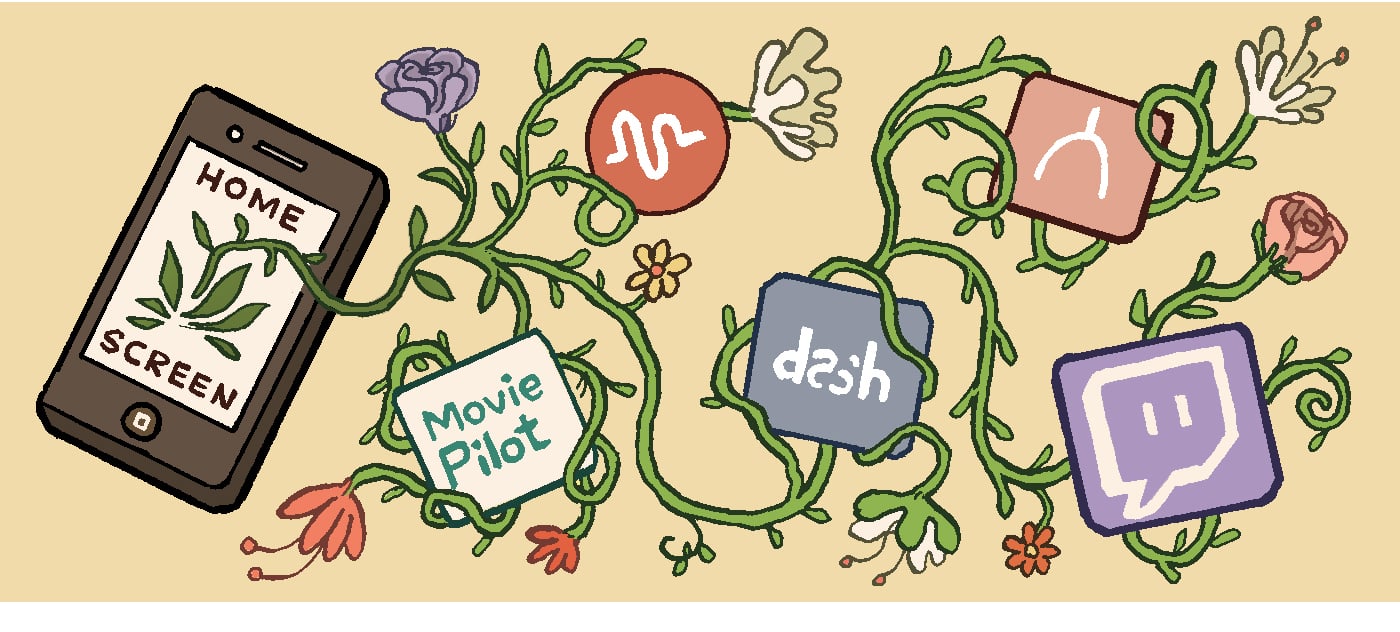 Fans are passionate about their fandoms – and Movie Pilot is capitalizing on that passion.
Fans are passionate about their fandoms – and Movie Pilot is capitalizing on that passion.
 “We’re a pop culture magazine for a mobile and digital age,” said Movie Pilot CEO and co-founder Tobi Bauckhage.
“We’re a pop culture magazine for a mobile and digital age,” said Movie Pilot CEO and co-founder Tobi Bauckhage.
Movie Pilot started in 2012 with a fairly traditional publishing model – reporters reporting and editors editing. Now the vast majority of its content is user-generated. A few years ago, it flipped the script and opened its CMS up to its readership.
The site maintains a community of around 50,000 creators and fans who keep Movie Pilot humming with content about everything from movies and TV shows to music and games – averaging 300 to 500 articles a day. Fans who go through a verification process are compensated for the content they create through a revenue-sharing program, earning around $1 for every 1,000 views.
“You’ve got to call in the kids,” Bauckhage said. “We realized that if you want to cover pop culture in the right way, you cannot rely on a middle-aged white man sitting behind a desk wearing expensive sneakers.”
Movie Pilot also realized that it needed to get out in front of mobile. Around 88% of its traffic is generated by mobile web visits.
Movie Pilot’s audience of 10 million to 15 million monthly uniques is roughly 50% male, 50% female and mostly millennial. It’s a desirable and balanced audience clamoring for content – and they’re not opposed to advertising. They’re actually helping to produce it.
Fan writers willingly create a form of snackable content marketing for their fellow fans to hungrily consume, most of which happens on a mobile device.
“People take their phone out at the bus stop or while they’re waiting for something and they skim a few articles and see some cool photos, maybe watch a quick video,” Bauckhage said. “They’re consuming a mixture of content, advertising and product discovery in an experience that’s quite similar to browsing through a magazine.”
Advertising enhances print magazines – “I’ve never heard anyone complain about the advertising in Vogue or Rolling Stone,” said Bauckhage – and there’s no reason the same thing can’t happen with brand content on a mobile device.
“It’s true that mobile advertising is pretty much terrible, but advertising isn’t the problem,” he said. “Rather, the challenge is how to create advertising that doesn’t try to be something else, that doesn’t try to hide or disguise itself, but that’s also an interesting discovery experience versus something like sponsored or native content.”
 Movie Pilot’s answer to that is a digital take on a throwback – the fanzine. It’s an homage to something pop culture-related created by fans and sponsored by brands.
Movie Pilot’s answer to that is a digital take on a throwback – the fanzine. It’s an homage to something pop culture-related created by fans and sponsored by brands.
Every Monday, Movie Pilot selects the best five to seven recently published articles about a particular topic and packages it together in a mobile-friendly format with fan-created illustrations.
Recent examples include a deep dive on AMC’s TV show “Preacher” and a celebration of the craft behind stop-motion animation studio Laika, which was sponsored by Focus Features to coincide with the release of “Kubo and the Two Strings.” Movie Pilot even created a limited edition print version of the Laika magazine to distribute to journalists and at the studio’s 10-year anniversary party.
For the moment, the fanzine content lives on the web, but Movie Pilot is thinking about creating an app to house it. The app would be a place people can easily visit and thumb (or tap) through the ‘zines in the same way they might’ve spent a few hours on a Sunday going through their printed black-and-white “Star Wars” or punk music magazines back in the day.
“Our unique selling proposition is the authentic excitement of fans paired with brands,” Bauckhage said. “We’re making brand partners into content partners and there’s a lot of earned media value that comes from that. If something is authentic, it by definition doesn’t suck. There’s also less chance of sucking if you create campaigns that make sense on mobile and you don’t use interstitials and do disruptive things.”
This is the fifth installment of Home Screen, a series of profiles on mobile pubs and apps and the devs who make them (and hopefully make money on them). Read about home décor app Lux, teen voting app Wishbone, wedding planner platform The Knot, lip-syncing app Musical.ly, news app News Republic, on-demand laundry app Cleanly, music streaming app LaMusica, P2P global shopping app Grabr, kid-friendly chat app Jet.me, driving app Dash, anonymous app Whisper, storytelling app Episode, weather app Poncho, online writing community Wattpad and sticker app Emogi.












